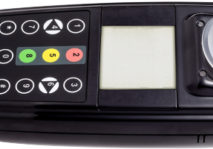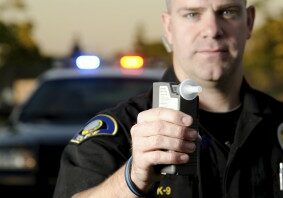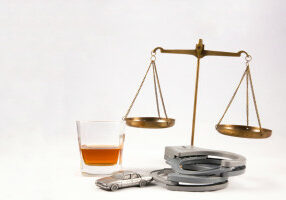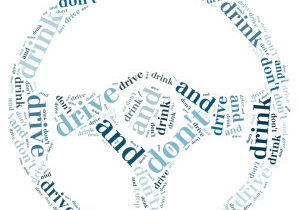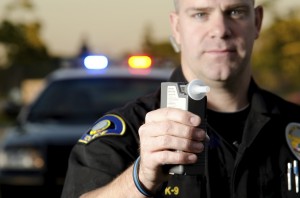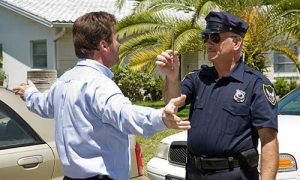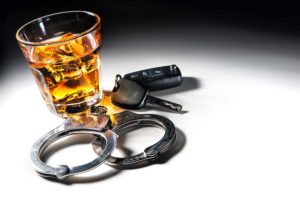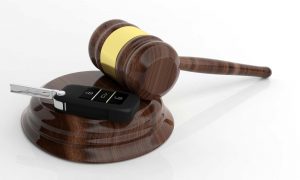Drugged Driving
Charges with Prescribed Medication or Illicit Drugs, Abuse of Xanax, Opioids, and Other Drugs
Under North Carolina law, you can be charged with DWI for driving while taking your legally-prescribed medications. Regardless of whether you have been drinking alcohol or not, and even if you are taking your own medications as legally prescribed by your doctor, you can be charged with a crime under North Carolina law if the medications you take affect your ability to drive a motor vehicle. Under North Carolina law, you can be convicted of DWI for driving while under the influence of any impairing substance. Some substances that can impair your ability to drive include:
- Cough medicine
- Nyquil
- Pain medicines
- Floricet
- Anxiety medications
- Valium
- Xanax
- Ativan
- Other commonly prescribed medications
Even over-the-counter medications can cause vision changes, weakness, dizziness, and drowsiness, all of which can negatively affect your ability to drive. While prescription medications cannot be detected by a breathalyzer the same way alcohol can, they still have the potential to impair affect your ability to drive a motor vehicle. If law enforcement has probable cause to believe that you are under the influence of any impairing substance, an officer can lawfully proceed to obtain a blood sample to detect the presence of any medication in your system.
North Carolina law allows for no defense to Driving While Impaired, even when your medications have been consumed in the time intervals and dosage amounts as prescribed by your doctor. The fact that your DWI charge results from you taking your medication in a lawful manner will not prevent you from being convicted and sentenced the same as any drunk driver whose blood alcohol content (“BAC”) is above the limit of .08. While the law is clear that driving with a BAC of .08 or more is illegal, there is no such standard for medications. Obtaining a DWI conviction when a driver is under the influence of medication is more difficult for North Carolina prosecutors than convicting a driver who has consumed too much alcohol. Still, prosecutors in North Carolina have obtained DWI convictions based on nothing more than a driver’s poor performance in field sobriety tests and the presence of an impairing substance.
An experienced defense attorney who knows how to defend DWI charges stemming from legally prescribed medications may be your only chance to avoid a DWI conviction. If you are among the many North Carolina residents who have made the mistake of driving while taking medications as legally prescribed by a doctor and have ended up with a DWI charge, you need to contact an attorney experienced in handling prescription drug-related DWI cases as soon as possible.
DeMent, Askew & Johnson and its team of DWI defense attorneys are skilled at defending medication-related DWI charges. Call us today to speak with one of our defense attorneys for a free consultation at 919-833-5555.
Get our PDF Tip Sheet:
"Guide to DWIs in North Carolina"



